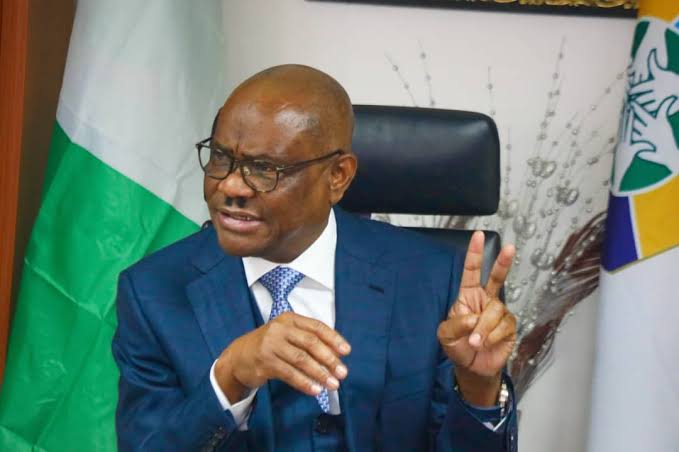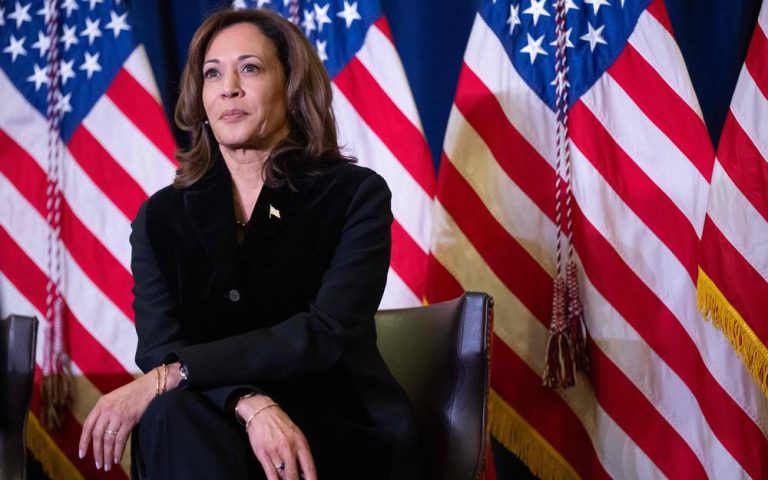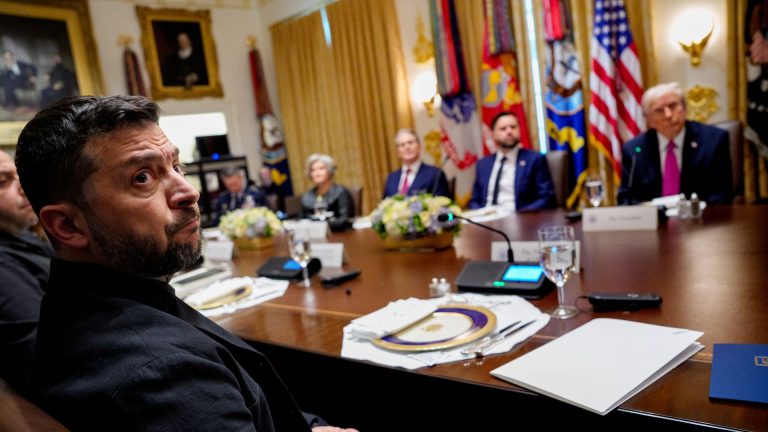
Nigeria’s Minister of the Federal Capital Territory (FCT), Nyesom Wike, has once again found himself at the center of controversy after allegations surfaced that he owns multimillion-dollar properties in the United States. Rather than offering clarity, his defense on national television has raised deeper questions about accountability, conflict of interest, and the unchecked arrogance of Nigeria’s political class.
The allegation and Wike’s defense
Reports by activist Omoyele Sowore accused Wike of secretly owning foreign properties worth millions of dollars a clear red flag for a public official whose wealth is tied to political office. But when confronted, Wike chose not to categorically deny the allegations. Instead, he claimed that the properties in question were owned by his wife, a U.S. citizen and an Appeal Court judge, and were gifts from her parents to their grandchildren.
This line of defense raises serious questions:
If the houses truly belong to his wife, why were they not publicly declared as part of his family’s assets?
How can an Appeal Court judge, sworn to uphold integrity and transparency, be comfortable with undisclosed multimillion-dollar assets abroad?
Does this not represent a direct conflict of interest, given her dual role as a Nigerian judge and U.S. citizen?
The “I don’t care” attitude
Perhaps most troubling was Wike’s defiant posture. He bluntly stated that he doesn’t care what the public thinks of his alleged property ownership, insisting that only the president has the power to remove him. By implication, Wike suggested that as long as President Bola Tinubu is satisfied with his performance, allegations of corruption or impropriety are irrelevant.
This is not just arrogance, it is a dangerous admission. Wike is effectively saying that integrity and accountability do not matter in public service. What matters is loyalty to the president, not service to Nigerians.
An indictment on the Presidency
Wike’s statement indirectly indicts President Tinubu himself. By tying his survival in office solely to the president’s comfort, Wike implies that Tinubu is aware of these alleged crimes but tolerates them for political expediency. It sends a message that Nigeria’s leaders are above scrutiny, and that corruption is acceptable so long as the president gives cover.
The broader problem: Corruption as a culture
Wike’s defense is symptomatic of a larger malaise. The normalization of corruption among Nigeria’s political elite. Politicians frequently enrich themselves with impunity, stash assets abroad, and mock Nigerians when confronted with evidence. For many, politics is not about service but about personal accumulation of wealth and power.
The conflict of interest question
The role of Wike’s wife in this scandal cannot be ignored. As a judge in Nigeria’s Court of Appeal, her credibility is now under scrutiny. The ownership of undeclared foreign assets while serving in such a critical judicial position undermines the independence of the judiciary and raises constitutional and ethical concerns.
Can a judge who benefits from foreign wealth and citizenship be expected to remain impartial in cases that affect Nigeria’s sovereignty and rule of law? The optics are damning, and the silence from judicial authorities is equally troubling
Why this matters
Nigeria’s fight against corruption has long been undermined by selective justice and political cover-ups. If allegations like these are dismissed or trivialized, it emboldens other politicians to engage in similar practices. It also deepens the distrust between citizens and the government, reinforcing the belief that Nigeria is governed by an untouchable elite.
Conclusion
Wike’s handling of these allegations, his evasive explanations, his arrogant dismissal of public concern, and the shadow cast over his wife’s role offers a stark reminder of how far Nigeria’s political class is from genuine accountability. It is also a test of President Tinubu’s commitment to fighting corruption.
Will the presidency overlook this scandal for political loyalty, or will it act decisively to restore public trust? For now, Wike’s words and actions have exposed the deep rot in Nigeria’s governance system, where public office is treated as private property and accountability is treated as an inconvenience.




